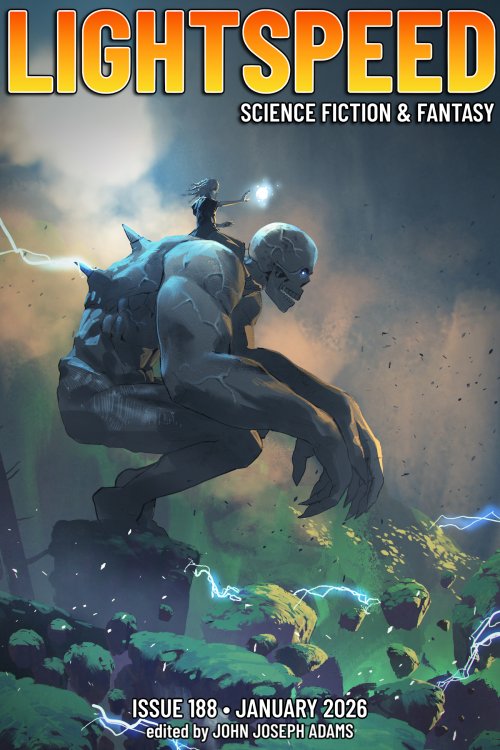There are a lot of different elements and concepts at play in this story. One key concept is the notion of attraction and, to a degree, sexuality, as not only fluid but malleable and even manipulable. In the piece, ad people are enlisted to deliberately impact sexual attraction, with eventually grave and global consequences. How much of this do you see at play in our culture and history, and what have the consequences of these manipulations been?
Look at Michael Jackson, and if I were to propose that his intent was to become transracial, it would fit everything we can observe: straight hair, thinned nose, whitened skin, white children, white wife. I cannot read his mind, but it seems to me that this is the sickness of being human and trying desperately to fit in with a dominant culture. Protective coloration. After WWII, Japanese women were pumping up their chests and Chinese men had plastic surgery on their eyes. Sexuality is a powerful expression of cultural acceptance, so it really pops out there. The consequences can be a profound self-loathing, and preference for the dominator’s appearance over your own.
There’s something really grounding and immersive about the initial interactions between the protagonist and Rhonda. That moment became so real for me, I was sucked into the story. What are the techniques you employ to bring the reader into your world(s) and keep them there?
Creating details about the world that resonate with the reader’s experience. If it is hugely alien, then you have to ground it in empathizeable human emotions. Sex, power, love, and communication are basic to all human cultures, so if you touch on those things, bingo. Only survival itself is more primary.
I loved the line, “She was a long drink of coffee.” It’s a deceptively elegant way to describe a character: The line is both familiar and new, quick but not heavy-handed or clumsy. It also cues the reader, to a degree, to physicality and culture, placing both characters in context. Do you feel like writing non-white characters raises specific challenges, and how do you deal with those challenges?
Well, most of my career I’ve written for a majority white audience, and in that case the assumption is of whiteness, and you have to step outside of that stream to establish anything different. If I’m writing for non-white audiences, there will be different challenges of course, but it’s a joy to have to rise to that challenge.
To me, there are so many clever social comments in the story. I really loved this line: “And the obvious insulting implication was that I’d been chosen for this assignment because I’d made Nigerians attractive to Chinese, and apparently that was now seen as more miraculous than turning vampires into vegans. Oh, my.” I found a lot of fairly painful truths laced throughout the narrative, despite the somewhat tongue-in-cheek voice. Do you write stories hoping that the reader will walk away with an idea or a message, and if so, what is the primary message you’d like to convey with this one?
The original story notion is some twenty years old, but I wasn’t writing short pieces then. I think that the theme of an ad man who accidentally ends the world was a reaction to black people being encouraged to straighten their hair and lighten their skin . . . and encouragements for black women to find white men sexually appealing while simultaneously erecting barriers between black men and white women. That’s a very old game between males, and there are some nasty side effects. If there is a message, it probably has to do with remembering that the basic aspects of sexual attraction exist to further the species. The fact that we are re-negotiating that now that we’ve reached max population density (and I’m glad we are!) doesn’t mean we should ignore those basic wirings. On the other hand, maybe the “message” is that we are more malleable than we think, and our basic drives can be manipulated by clever people who do not have positive intentions.
I really enjoyed the story. I found it entertaining and thought-provoking; I related in interesting ways, not to mention it was spiked with fascinating ironies. What are you working on now that we can look forward to?
Thank you. I was happy to find a home for it. I have a novel called Twelve Days, the sequel to my book The Kundalini Equation, coming out from Tor late this year. I’m looking forward to it!
Enjoyed this article? Consider supporting us via one of the following methods:








